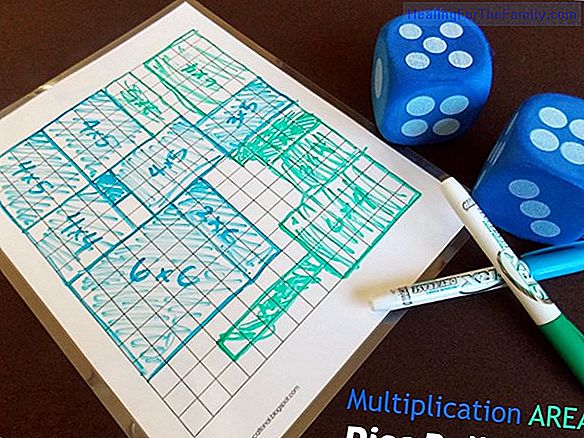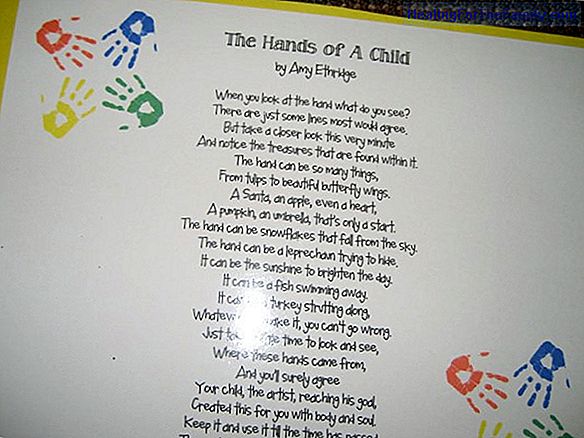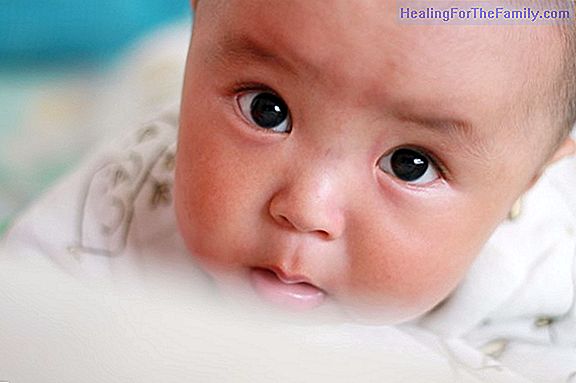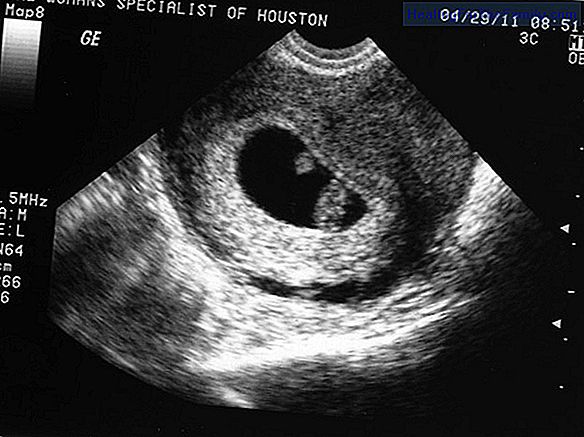The right of children to have a name and nationality
In the rights of children, elaborated by the UN, the following is stated: From birth, the child has the right to have a name and a surname. The right of children to have a name and nationality means that every child must be registered immediately after birth, since the parents have the obligation to
In the rights of children, elaborated by the UN, the following is stated: From birth, the child has the right to have a name and a surname. The right of children to have a name and nationality means that every child must be registered immediately after birth, since the parents have the obligation to inform the name, surname and date of birth of the newborn.
This action implies the immediate recognition by the State of the existence of the child, and the formalization of his birth before the law. In addition, its registration will allow the child to preserve its origins, that is, the kinship relations that bind it to its biological parents.
The right of children to have a name and nationality
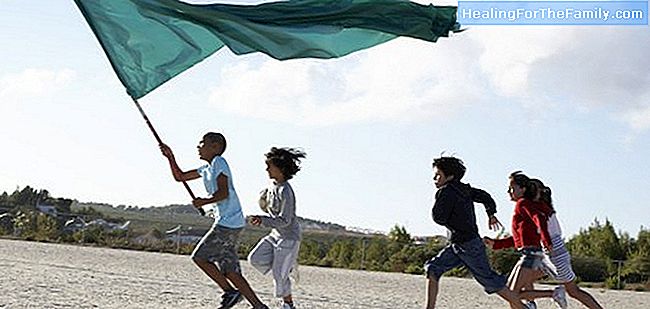
From birth, a child has the right to acquire a nationality. Depending on the circumstances in which citizenship is acquired, it can be of two types:
- Original or blood nationality: the child acquires the nationality of his parents from the moment of his birth.
- Nationality by residence: Although their parents have another nationality, the child acquires the nationality of the territory in which he or she is born.
Nationality is obtained by registering in the Civil Registry. It is a very important element, since, in the first place, it supposes the bond between the person and the citizenship, and in the second place, it constitutes the belonging of a person to a nation. In short, it establishes the quality of a person because of the political and legal nexus that links it to the constituent population of a State.
What would happen if a child does not have an identification document?
Children who do not have an identification document run the risk of being left in a situation of social exclusion and therefore of access to basic services such as education, health care or social security.
These children are invisible in terms of data, development policies or aid. So that children have an identity becomes a fundamental right to be recognized by the government of their country as part of the society that composes it.
To have a name and a surname is much more than two words, means to be recognized not only by your country, but by all the countries of the world, and therefore the child will be protected under the protection of some laws.
Diego Fernández. Editor of Guiainfantil.com


